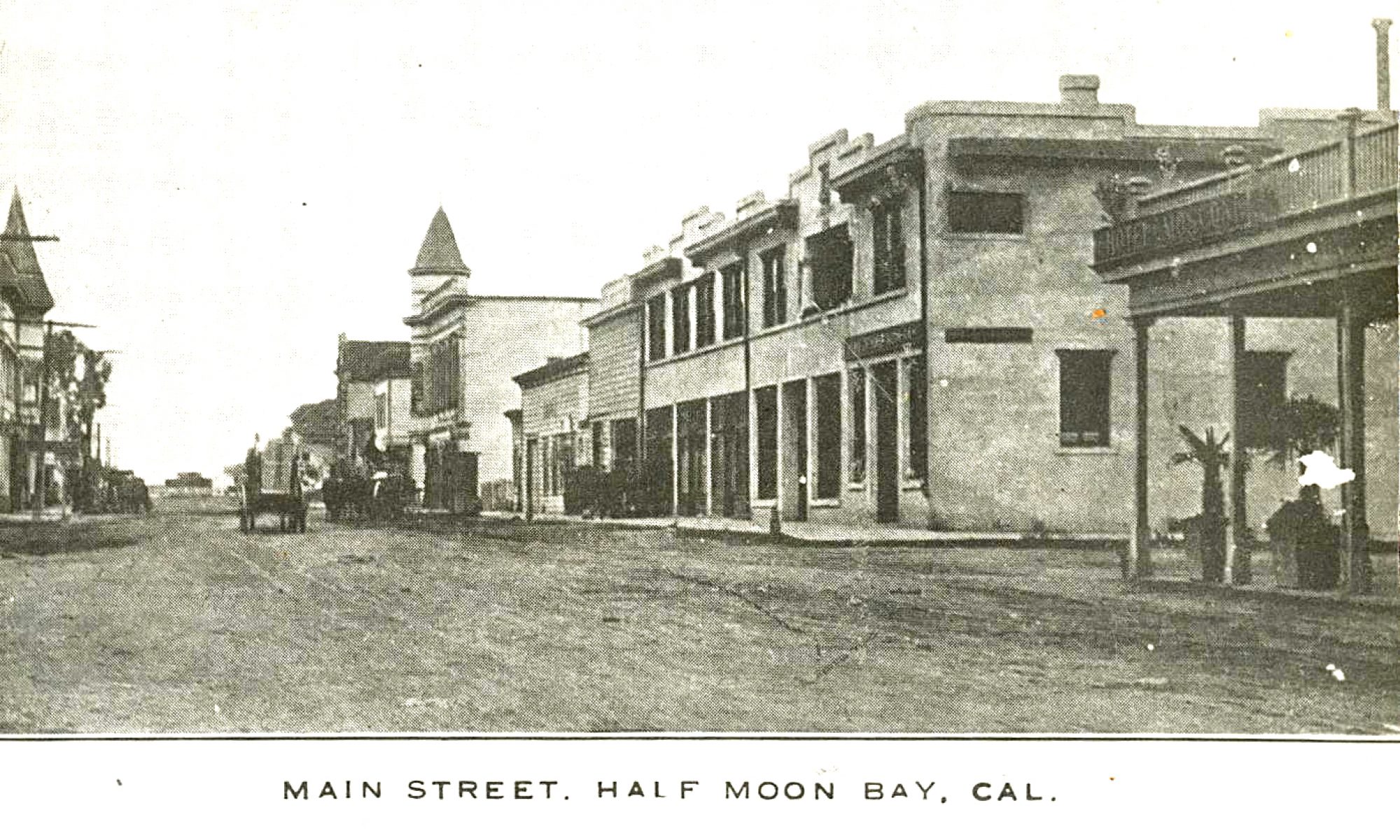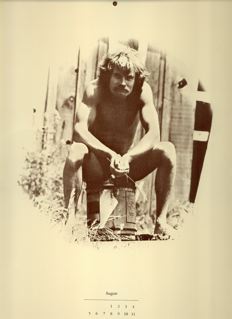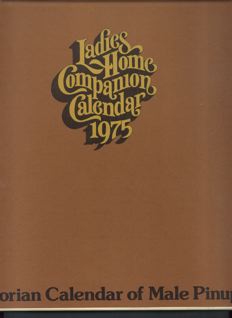(Pictured: Then Half Moon Bay free lance photographer Mark Fraser, August 1973 pin-up, Ladies Home Companion Calendar, photo by Carol (Fulton) Turner.)
The 1960s and 70s were years of change in all the corners and folds of American society as many traditional customs between men and women were questioned or reversed meaning that women wanted what men had. Or thought they did.
For a time, I remember women boldly opening doors for themselves– not allowing a man to do it for them. It sounds trite, even funny today, but that was a very big deal back then.
Traditionally, it was expected behavior for the average male to open all kinds of doors for women, car doors, office doors, allowing the female to walk through first. A gentlemanly, polite practice– but to the newly liberated woman of the 1970s, the opening of doors by a man was symbolic of their dependence, the precise feeling they wanted to shed.
And opening doors for themselves made them feel equal to men as well as independent. It was a small statement but made a big impact.
Suddenly, if a man attempted the conventional by opening a door for a woman, she might cast him a withering look.
In the beginning of this social experiment, there was a lot of talk about women being the same as men, that there were no differences between the sexes (which has since been muted.)
It was in this environment, that Playgirl magazine was founded about 1973, featuring photos of attractive,unclothed men as well as articles of interest to the liberated female. The thought was that women shared the pleasure of seeing nude men as much as men did looking at pin-ups.
About the same time several women from San Francisco founded Bo-Tree publications, publishing the groundbreaking “Ladies Home Companion,” a calendar of attractive, young nude males Some of the men were locals discovered at the Potter Plantation house in Half Moon Bay.
The project was profitable (they sold 50,000 calendars in 1973) but when you read the interviews, you’ll see the calendar was a success for reasons different than the founders ever imagined. In addition to the calendar, there were other products, featuring nude male models on playing cards and address books.
This week I interviewed, via email, Bo-Tree Production’s original founders Christine Hopf-Lovette and Judy Horst, as well as photographer Carol A. Turner.
I found every aspect of the project fascinating and wanted to know about their backgrounds, how they chose the models, got them to pose, their publishing experience as well as how the work was received.
Watch for the interviews soon.


